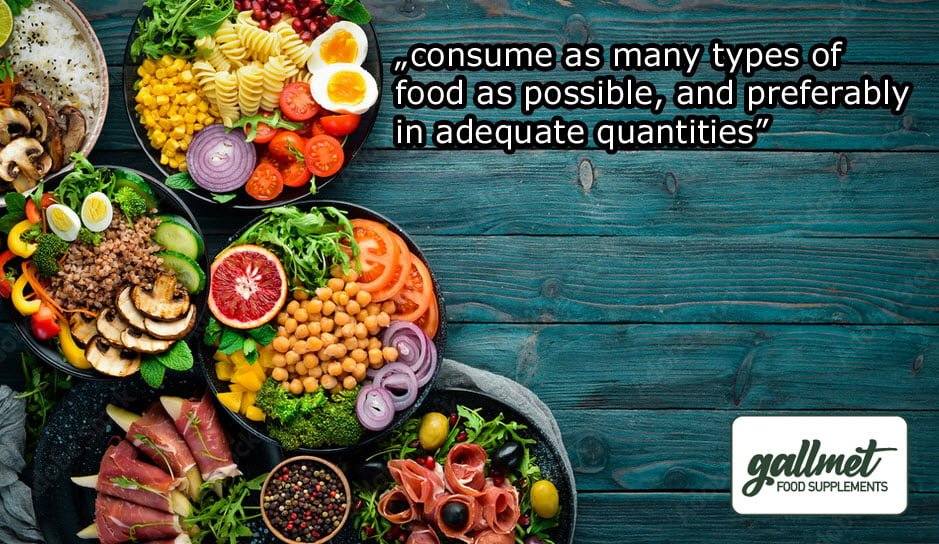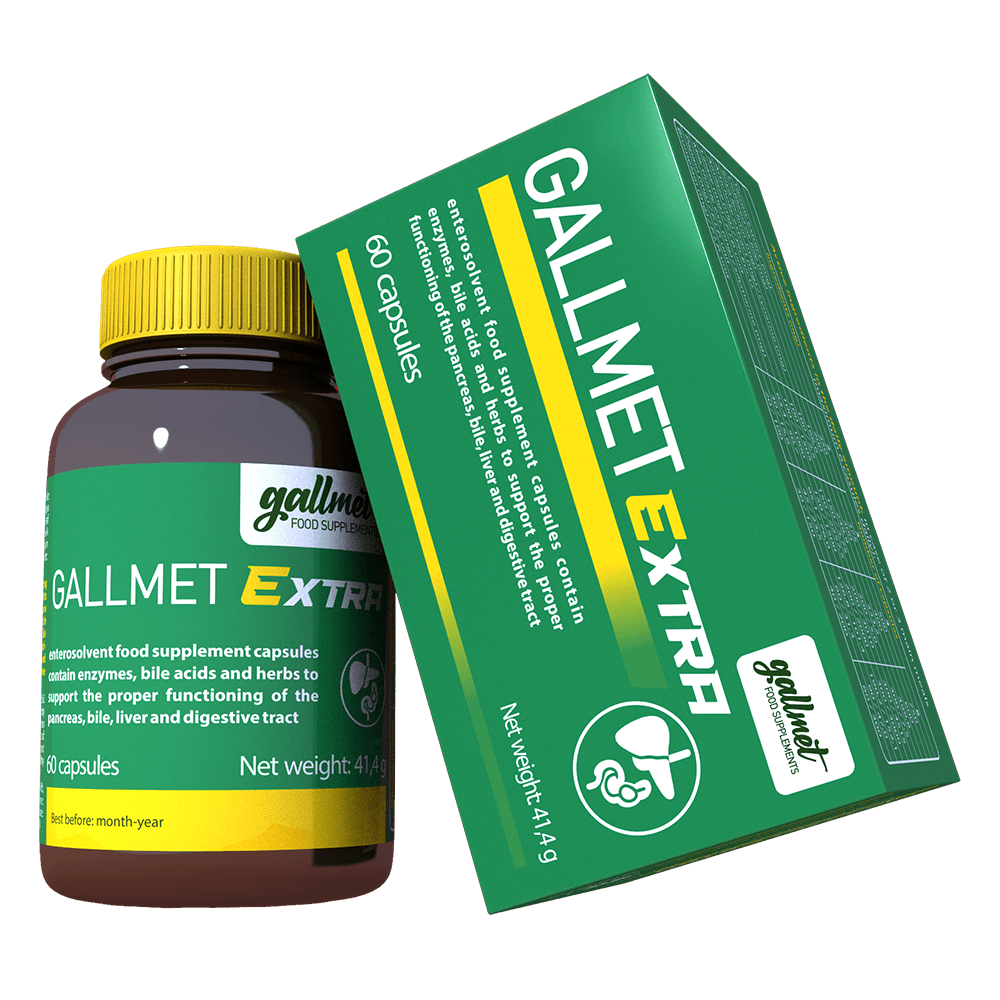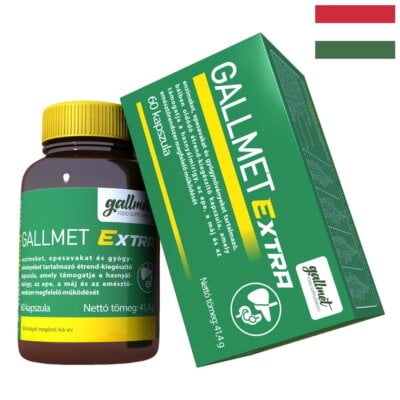Digestive problems and nutrient deficiencies caused by an unbalanced diet

Don't eat too much of anything or too little of anything!
Avoid fasting and energy-restricted diets, which can lead to health problems in the long term. But we should also be careful to avoid hyper-processed, high-calorie, low-nutrient "foods".
What can be the consequences of a diet with too much fat?
Eating too much fatty or oil-rich food (pork, chips, French fries, etc.) can lead to long-term: obesity, high cholesterol, cardiovascular disease.
With these eating habits, your body is likely to suffer from nutrient deficiencies. A diet rich in fats and oils can also be a trigger for the development of non-alcoholic fatty liver and gallstones. However too fatty a diet sooner or later can lead to digestive problems, which may have the consequence of nutrient deficiencies, intestinal inflammation and dysbiosis. If the food you eat is not digested properly, it will have contained It's no use everything your body needs. It's important to have a balanced diet and make sure you get the right nutrients.
What could be the consequences of a completely fat-free diet?
A vegetarian diet is a dietary practice that excludes certain groups of foods of animal origin from the diet. For most vegetarians, this means meat, but for some it also means leaving out eggs, fish or dairy products.
Such diets can have negative effects. For example, if a person consumes fat-soluble vitamins but does not combine them with the right amount of fat, they will not be absorbed effectively. A completely fat-free diet can also cause problems, such as gallstones, as fat consumption is also needed for the gallbladder to function properly. If someone does not consume fat, bile is not produced properly, which can lead to digestive and immune problems.
The consequences of eating too much sugar
The negative effects of consuming too much sugar are mainly in terms of weight gain, but it can also lead to digestive problems, inflammation, dysbiosis and nutrient deficiencies. Obesity predisposes to the development of type 2 diabetes, cardiovascular disease and metabolic syndrome.
Digestive problems can lead to nutrient deficiencies in the body. Digestion can be helped with GALLMET-Extra capsules, which contain digestive enzymes, bile acids and herbal extracts:
- Bile acids: : 'One of the most important functions of bile acids is to break down fats, breaking down oil and fat into small particles. They also activate lipase, a fat-breaking enzyme that speeds up the breakdown and absorption of fats and oils in the body.' Dr. Erika Balaicza, internist - Fix TV
- Papain and bromelain: found in papaya and pineapple a plant-based enzyme that breaks down proteins, has a positive effect on digestive complaints and inflammation.
- Alpha-amylase: This enzyme specifically targets carbohydrates, breaking them down into simpler sugars for easier absorption.
- Lipase: an enzyme essential for digesting fats.
- Soylecithin: may help fat digestion by emulsifying fats so they can be more easily broken down by lipase.
- The yarrow contributes to digestive comfort.
- The milk thistle promotes digestion, proper liver function, bile production and protects the liver.
- The artichoke contributes a for liver health, for the detoxification of the body and the comfort of the intestinal tract, aiding the flow of digestive juices.






